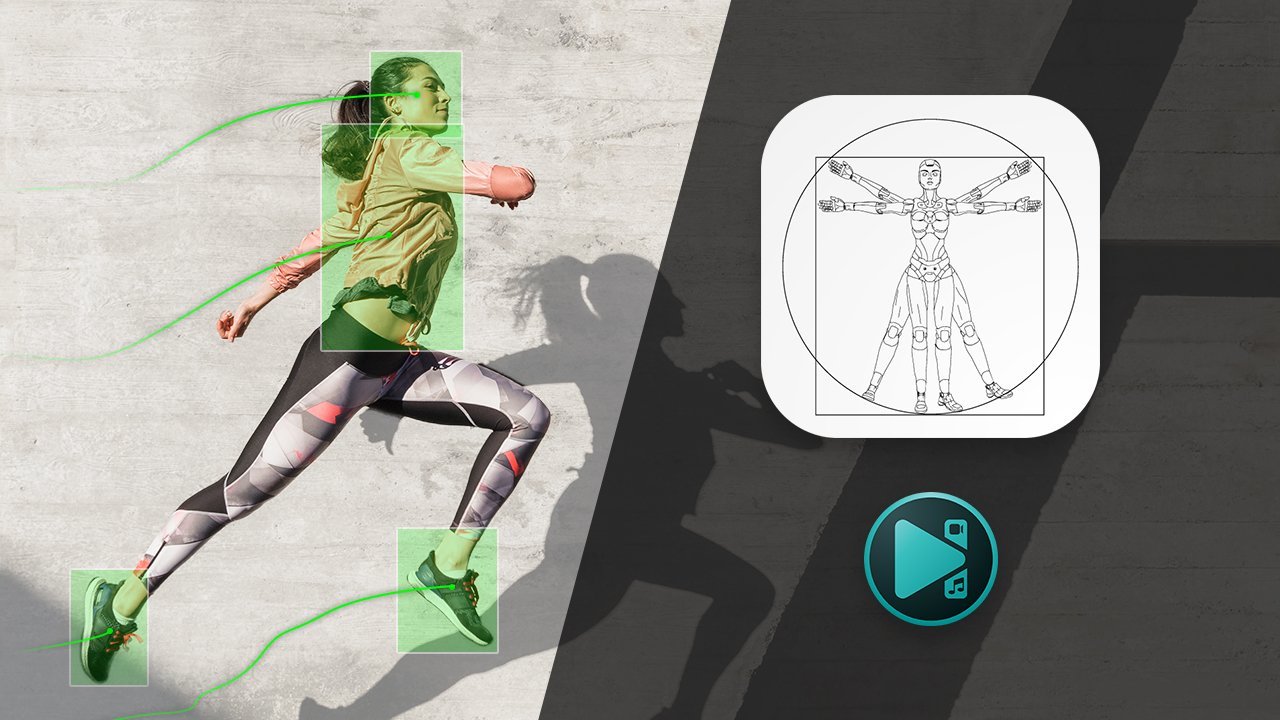Did you ever think a doctor would prescribe their patient a video game? Although this sounds crazy, the future of medicine may involve increasing usage of software and tools that ‘gamify’ healthcare. Prescription digital company Akili Interactive has developed EndeavorRx, the first and only FDA-approved prescription treatment for children ages 8-12 with ADHD, delivered through an immersive video game. Digital therapeutic companies such as Akili are ‘changing the way medicine is designed, delivered and experienced.’ Prescription digital therapeutics (PDTs) are rapidly becoming more common, yet their uses and benefits are still not clear to the public.
You may have come across apps to help you sleep better, improve mental health, manage weight loss or even overcome addictions. In fact, the app store is overcrowded with hundreds of health-related apps that claim to improve mental and physical health in various ways. However, most of these apps are probably not approved to treat medical conditions, and your doctor is not prescribing them to you. These apps are usually targeted directly to consumers and may be used in conjunction with professional medical treatment. This is because they have not gone through any rigorous testing process to prove their claims. In a more egregious example of this, a ‘brain training’ app called Luminosity, developed by Lumos Labs, claimed to help users perform better at work as well as in school and reduce cognitive impairment associated with age. However, the company was fined $2 million by the Federal Trade Commission because these claims were unfounded [1].
Smartphone with a stethoscope. Source: https://pixnio.com/science/medical-science/stethoscope-mobile-phone-diagnosis-pulse-cardiology-medicine-healthcare
But in the last decade or so, digital health companies have been developing software that goes through the same rigorous approval process as conventional drugs, falling under the FDA’s ‘software-as-a-medical-device’ category [2, 3]. This means they must show safety and efficacy in randomized controlled trials (RCT) in order to therefore be prescribed to treat certain conditions. For example, Insulia® is a prescription-only software medical device intended for use by healthcare professionals and their type 2 adult diabetes patients treated with long-acting insulin analogs as an aid in the management of diabetes. The app gives patients access to a personalized treatment plan created for them by their doctor and recommends tailored doses of insulin in real-time based on their profile and blood glucose levels (that they enter). Pear Therapeutics is another prescription digital therapeutics (PDT) company that provides FDA approved software to treat chronic insomnia and substance use disorder. Their product reSET-O was the first PDT to receive ‘Breakthrough Designation’ authorized by the FDA in December 2018. Specifically, the 84-day PDT for opioid use disorder is intended to increase retention of patients in outpatient treatment by providing cognitive behavioral therapy as an adjunct to outpatient treatment. Interestingly, PDTs are not only being targeted towards disease management and the mental aspect of health, but also towards physical ailments. Kaia Health, for example, is focused on chronic pain management and uses movement tracking to provide training and performance evaluations for exercises to help with pain relief.
While some people are still skeptical about the efficacy of PDTs, there is growing research, including clinical validation and other data, showing that these approaches can help treat patients. Pear Therapeutics showed in an RCT that their PDT used in conjunction with standard treatment improved opioid abstinence significantly compared to the standard treatment alone [4]. Akili Interactive showed a significant improvement in their primary outcome measure – Clinical Global Impressions (CGI score) in groups receiving the PDT with or without additional stimulant medications, compared to the group receiving no PDT [5, 6]. This score is a clinician-rated assessment of a patient’s global functioning, scored from 1 (very much improved) to 7 (very much worse), with 4 being no improvement. Akili showed that the CGI reduced significantly below 4 in all groups in their study. For comparison, an RCT to determine the efficacy of Cognitive Behavior Therapy for ADHD showed a reduction in CGI from 4.75 to 3.71, demonstrating that the Akili study showed outcomes comparable to at least one other study for ADHD [7]. Kaia Health also recently reported a study that included patients with COPD and demonstrated improved rehabilitation (40% increase in daily steps as well as improved symptoms) in patients who used their app compared to patients who received the standard of care [8, 9]. With Zoom consultations and online therapy already becoming mainstream in the post-COVID era, the leap to digital therapeutics is not so far away.
Motion tracking. Source: https://upload.wikimedia.org/wikipedia/commons/f/f0/VSDC_Motion_Tracking.jpg
However, there are still many challenges that PDTs need to overcome before they become more widely adopted. Some of these include concerns over data security, insurance coverage and solidifying the regulatory framework in the field [10]. In studies where PDTs show improvement when used in conjunction with the standard care, it may not be clear how much of an improvement should be considered significant. Additionally, for diseases where several outcome measures exist, it could be challenging to compare the efficacy of PDTs against other interventions because of differences in outcome measures. In addition to strengthening the regulatory framework, future studies may need to re-assess outcome measures to better align with the benefits that digital therapeutics can provide since these may be different from pharmaceutical interventions and the current standard of care. For example, one benefit could be cost reduction - but can this be accurately quantified? Kaia Health claims an 80% reduction in cost with their app compared to the standard of care, but it is unclear how they arrived at this number. Accurate quantification of cost reduction will be more important when there are multiple PDTs for a particular disease (a new clinically validated method might be needed to compare PDTs).
Despite these challenges and questions surrounding the field, digital therapeutics are definitely here to stay, and it will be interesting to see how they evolve to be integrated into our current healthcare system. Although it seems unlikely that PDTs will substitute medications or be used as a stand-alone therapeutic, they are changing the way we think about medicine and could be highly valuable in preventative care, rehabilitation, and mental health treatment.
Edited by Tyler Dorrity
References
Federal Trade Commission. 2022. Lumosity to Pay $2 Million to Settle FTC Deceptive Advertising Charges for Its “Brain Training” Program.
Software as a Medical Device (SaMD). US Food and Drug Administration. 2021 Nov 04 [Cited 2021 Nov 04]. Available from: https://www.fda.gov/medical-devices/digital-health-center-excellence/guidances-digital-health-content.
Maricich, Yuri A et al. “Safety and efficacy of a prescription digital therapeutic as an adjunct to buprenorphine for treatment of opioid use disorder.” Current medical research and opinion vol. 37,2 (2021): 167-173. doi:10.1080/03007995.2020.1846022
The Medical Futurist. 2022. The Future of Digital Therapeutics: Prescribing Apps Or Sensors A Reality? - The Medical Futurist.
Kollins, S.H., Childress, A., Heusser, A.C. et al. Effectiveness of a digital therapeutic as adjunct to treatment with medication in pediatric ADHD. npj Digit. Med. 4, 58 (2021). https://doi.org/10.1038/s41746-021-00429-0
Kollins, Scott H et al. “A novel digital intervention for actively reducing severity of paediatric ADHD (STARS-ADHD): a randomised controlled trial.” The Lancet. Digital health vol. 2,4 (2020): e168-e178. doi:10.1016/S2589-7500(20)30017-0
Sprich, Susan E et al. “A randomized controlled trial of cognitive behavioral therapy for ADHD in medication-treated adolescents.” Journal of child psychology and psychiatry, and allied disciplines vol. 57,11 (2016): 1218-1226. doi:10.1111/jcpp.12549
Spielmanns, M., Boeselt, T., Huber, S. et al. Impact of a smartphone application (KAIA COPD app) in combination with Activity Monitoring as a maintenance prOgram following PUlmonary Rehabilitation in COPD: the protocol for the AMOPUR Study, an international, multicenter, parallel group, randomized, controlled study. Trials 21, 636 (2020).
Spielmanns, Marc et al. “Using a smartphone application maintains physical activity following pulmonary rehabilitation in patients with COPD: a randomised controlled trial.” Thorax, thoraxjnl-2021-218338. 21 Apr. 2022, doi:10.1136/thoraxjnl-2021-218338
mHealthIntelligence. “How Digital Therapeutics Will Evolve in 2022 and Beyond.” MHealthIntelligence, 4 Feb. 2022, https://mhealthintelligence.com/features/how-digital-therapeutics-will-evolve-in-2022-and-beyond.







